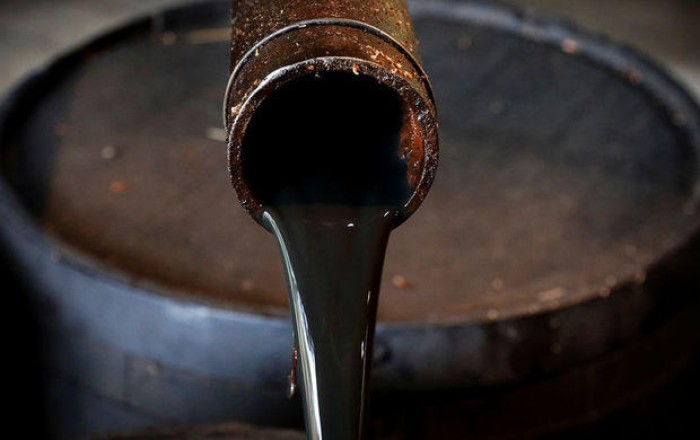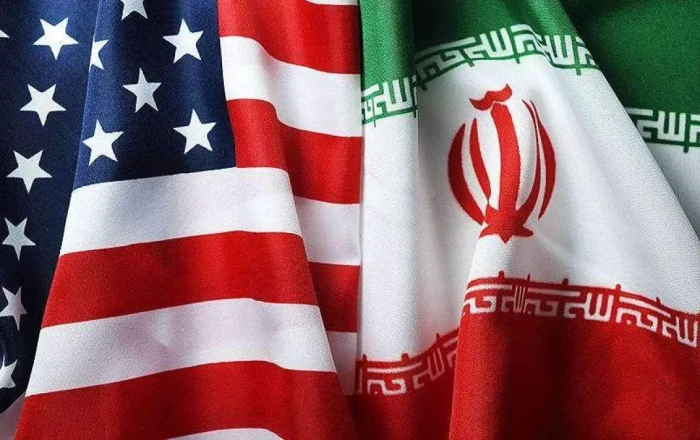In recent decades, global climate change, the reduction of arable land, and rising costs in the agricultural sector have prompted countries around the world to bolster food security and subsidise production.
Azerbaijan is steadily following this path, undertaking large-scale agricultural reforms. Key priorities for the development of the country’s agro-industrial complex include the introduction of efficient irrigation systems, digitalisation, and easier access for producers to subsidies, concessional financing, and advanced technologies. These risks and Azerbaijan's efforts to improve its agricultural sector were discussed at the 4th Agribusiness Development Forum held in Baku.
Statistics from the Food and Agriculture Organisation of the United Nations (FAO) in recent years show that many developing countries are under intense pressure from the negative effects of climate change. These include desertification, soil erosion and salinisation of fertile land, and a shortage of irrigation water. The situation is further exacerbated by geopolitical conflicts, which have disrupted supply chains and increased costs, while customs and non-tariff barriers, the low added value of agricultural exports, and the underdevelopment of processing sectors in developing nations only compound the challenges facing rural producers.
“The productive capacity of global water and land resources is struggling to meet current demand. According to FAO data, around 1.7 billion hectares of land worldwide have been degraded due to human activity—more than 60% of which are croplands and pastures,” said Mukhtar Babayev, Special Representative of the President of Azerbaijan for Climate Issues, speaking at the 4th Agribusiness Development Forum.

Clearly, all these factors are driving up costs across the agricultural value chain. According to the World Meteorological Organisation (WMO) and FAO research, natural disasters have caused an estimated $3.8 trillion in damage to agriculture over the past 30 years—an average of $123 billion annually, or up to 5% of global agricultural GDP per year.
“We are already witnessing more intense heatwaves, powerful storms, and devastating floods. While there were around 100 natural disasters annually in the 1970s, today that number has risen to 400. Climate change has a negative impact on agriculture, but agricultural activity itself is also a major contributor to climate change—currently accounting for around 20% of global greenhouse gas emissions,” said Mukhtar Babayev, adding that these risks have a serious effect on global food security and reduce the resilience of the agricultural sector.
Azerbaijan is also facing many of the challenges outlined above. The country has been listed by FAO experts among the 20 nations whose agricultural sectors are most affected by water scarcity. Around 3.61 million hectares of land—equivalent to 41.8% of Azerbaijan’s total land area—are subject to significant erosion and dehydration. “The efficiency of agriculture is closely tied to climate conditions, making this sector particularly vulnerable to climate change,” noted Mukhtar Babayev. “For instance, on April 16 of this year, Azerbaijan, including Baku, received rainfall equivalent to three months’ worth in a single day, causing flash floods and mudslides in 17 mountain rivers.”
Significantly, in response to mounting climate risks, Azerbaijan has in recent years intensified its efforts to bolster food security. Approximately 70% of the country’s freshwater is used in agriculture, making it a top priority to reduce losses in irrigation channels by introducing modern insulation technologies and implementing pilot and other water-efficient irrigation systems on farmland.
“By 2030, water demand driven by rising temperatures could increase by 16%, and agricultural policy must focus on water-saving solutions and the cultivation of drought-resistant crops. The priority should be to boost yields on existing farmland, rather than expanding into new areas,” said Azerbaijan’s Deputy Minister of Economy, Samad Bashirli, at the forum. “Establishing new croplands increases water consumption and, under limited resource conditions, introduces additional risks.”

It is worth recalling that saving irrigation water has been designated as a key priority for Azerbaijan’s agricultural sector. In particular, under President Ilham Aliyev’s decree of 19 July 2022 “On Measures to Increase the Level of Food Self-Sufficiency in Wheat”, grain-producing farms that use modern irrigation systems are eligible to receive a state food subsidy of 100 manats per tonne of wheat. Furthermore, under a presidential decree issued in November 2023, the Agrarian Credit and Development Agency (AKIA) was authorised to provide state guarantees on loans and subsidise interest rates for the purchase of modern irrigation systems used in wheat cultivation.
Today, the majority of Azerbaijan’s 50 agro-parks have already adopted water-saving irrigation systems, and similar measures are planned for expanding crop production on demined lands in the Karabakh and East Zangezur economic regions. At the same time, the country is increasingly deploying climate-optimised farming systems to prevent soil degradation and enhance fertility. New crop varieties resistant to drought, salinity, and high temperatures are being introduced, while the adoption of innovative green and organic farming techniques—as well as biological crop protection methods—is being promoted to help optimise the use of water, fertilisers, and pesticides.
In parallel, efforts are underway to reduce costs in food processing and manufacturing. By developing agro-parks and consolidating grain and livestock enterprises, Azerbaijan aims to scale up mass commodity production—also with a view to supporting sustainable exports.
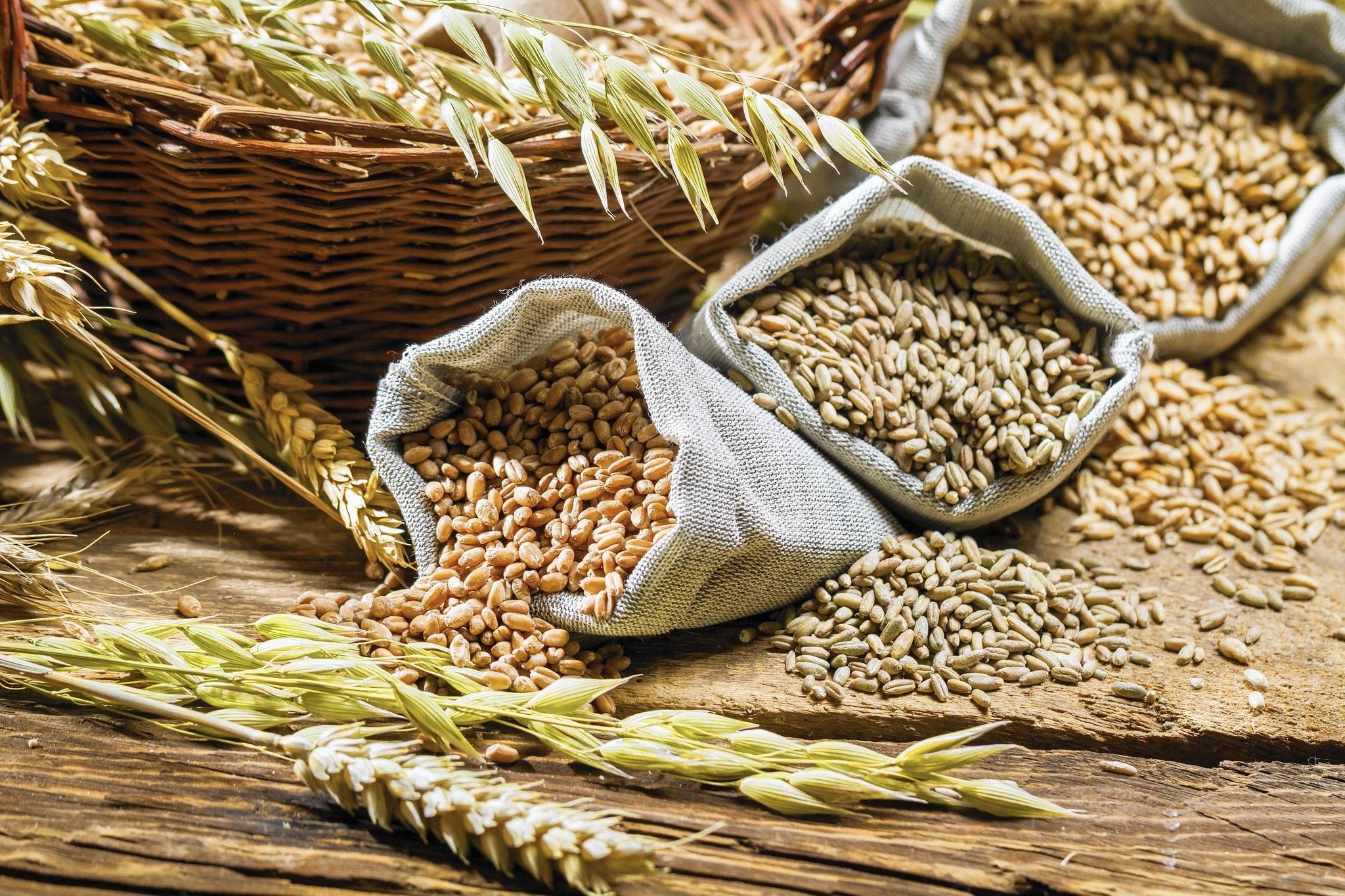
“Azerbaijan clearly demonstrates how agricultural innovation can be successfully developed and deliver tangible results: cutting-edge technologies—from precision tools to intelligent systems for managing agricultural processes—are actively being employed to enhance productivity and efficiency,” stated Nabil Gangi, Deputy Regional Representative of the FAO for Europe and Central Asia, during the forum. He also emphasised that Azerbaijan’s various initiatives under the COP29 framework have strengthened the importance of sustainable development and the role of innovation in the agricultural sector.
At the same time, it is evident that the implementation of advanced practices in livestock farming and especially crop production—such as digitalisation, water-efficient irrigation, and modern agrotechnologies—requires expanded state subsidies and increased banking support for agro-parks, large-scale farming enterprises, and other agricultural stakeholders.
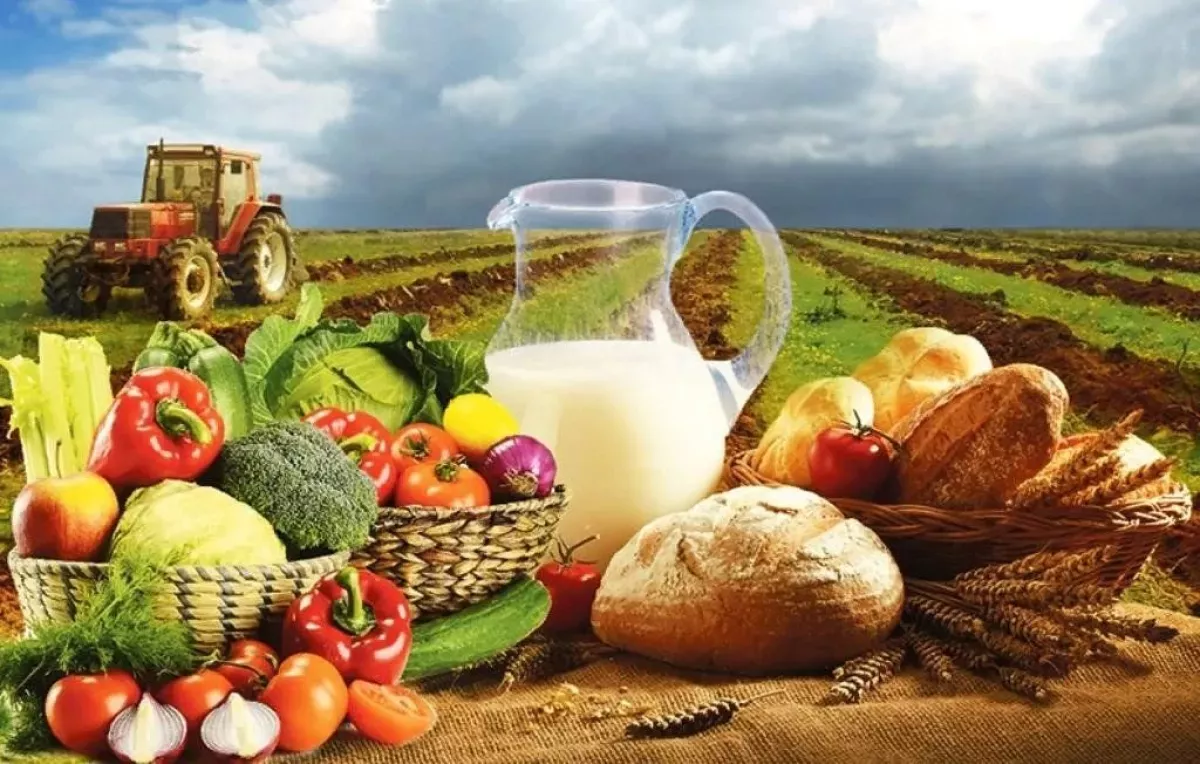
“Supporting all actors in the agricultural sector—from small family farms to large agro-parks—is a strategic priority of the state. Key components of this support include subsidies, preferential financing, technical assistance, and institutional incentives,” said Azerbaijan’s Minister of Agriculture, Majnun Mammadov, speaking at the forum. “We provide consistent and systematic support to farmers: in 2023, subsidies totalling 352 million manats [$207 million] were paid to 387,340 farmers, while in 2024, 362.5 million manats [$213 million] have already been allocated to 380,704 farmers.”
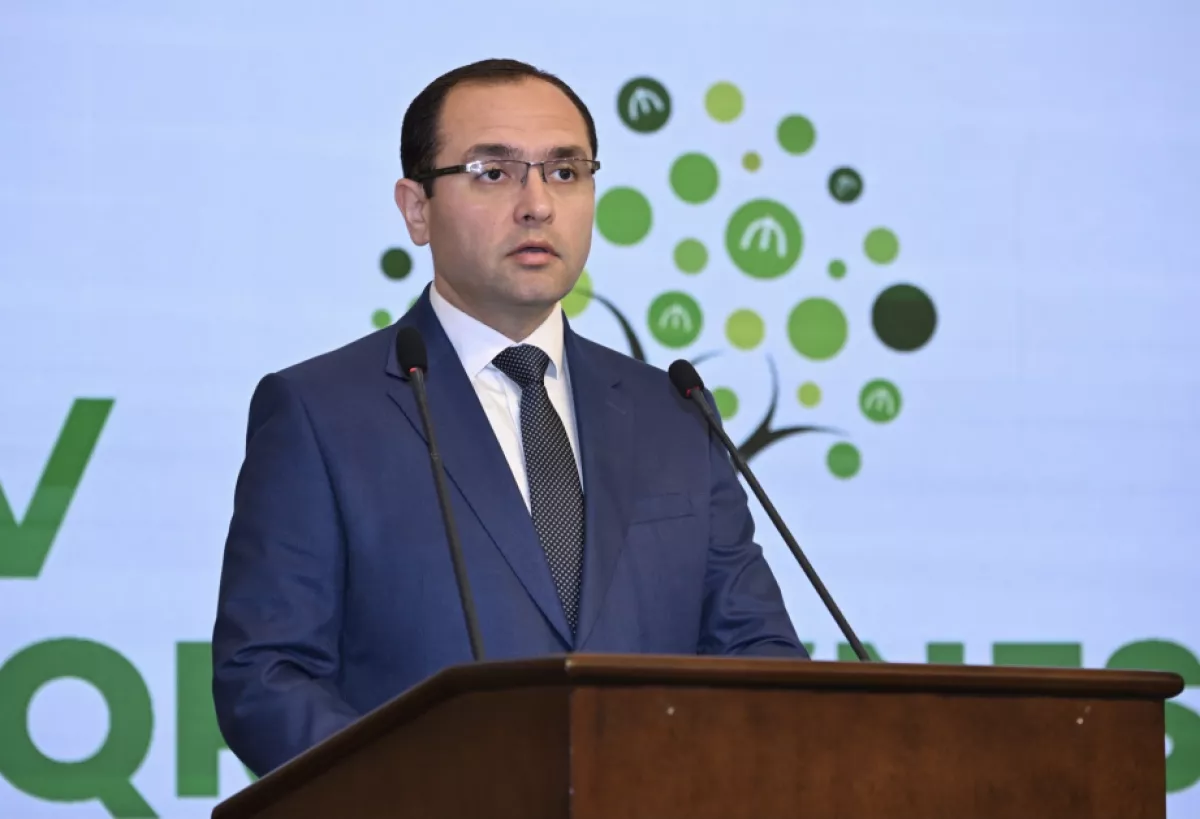
The minister also highlighted state support in the form of agricultural machinery and pedigree livestock. In 2024, subsidies worth 83.9 million manats ($49.3 million) were allocated for 6,477 units of equipment, and an additional 80.8 million manats ($47.5 million) are earmarked this year for the purchase of 9,107 pieces of agricultural machinery. Furthermore, in 2023, farmers received 17.4 million manats ($10.2 million) in support for acquiring 5,830 head of pedigree livestock. According to the minister, these incentives are aimed at fostering domestic import-substituting production and strengthening farms’ resilience to climate-related risks.
“The Central Bank of Azerbaijan (CBA) plans to introduce measures to stimulate lending to the agricultural sector, including discussions on subsidising interest rates on loans issued to grain producers, which is expected to enhance banks’ involvement in agricultural financing,” said Deputy Chairman of the CBA Toghrul Aliyev, another speaker at the forum.
According to him, the number of agricultural insurance contracts in Azerbaijan increased by 9% in 2024 compared to the previous year, while the number of insured agricultural assets grew by 5%. The expansion of agricultural insurance has been recognised as one of the most effective tools for reducing sector-specific risks, thereby encouraging greater participation from commercial banks in financing the agro-sector.
Meanwhile, CBA data show that as of April 1, 2025, the total volume of bank loans issued to agriculture exceeded 1.8 billion manats ($1 billion)—80% of which came from the banks’ own resources, and 20% from state funds.
Source: caliber.az



